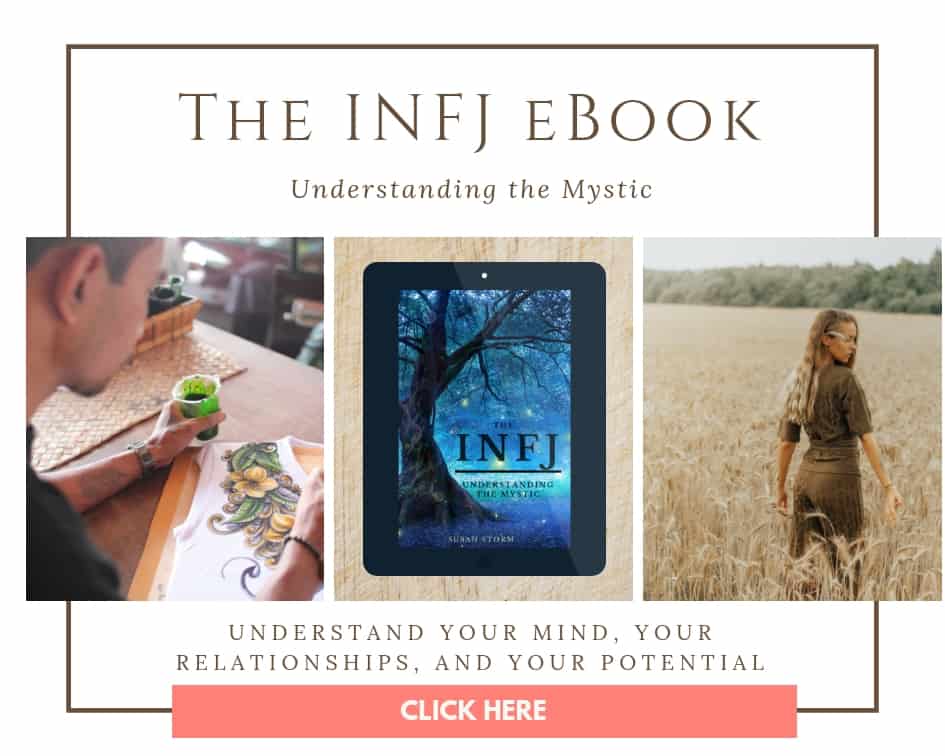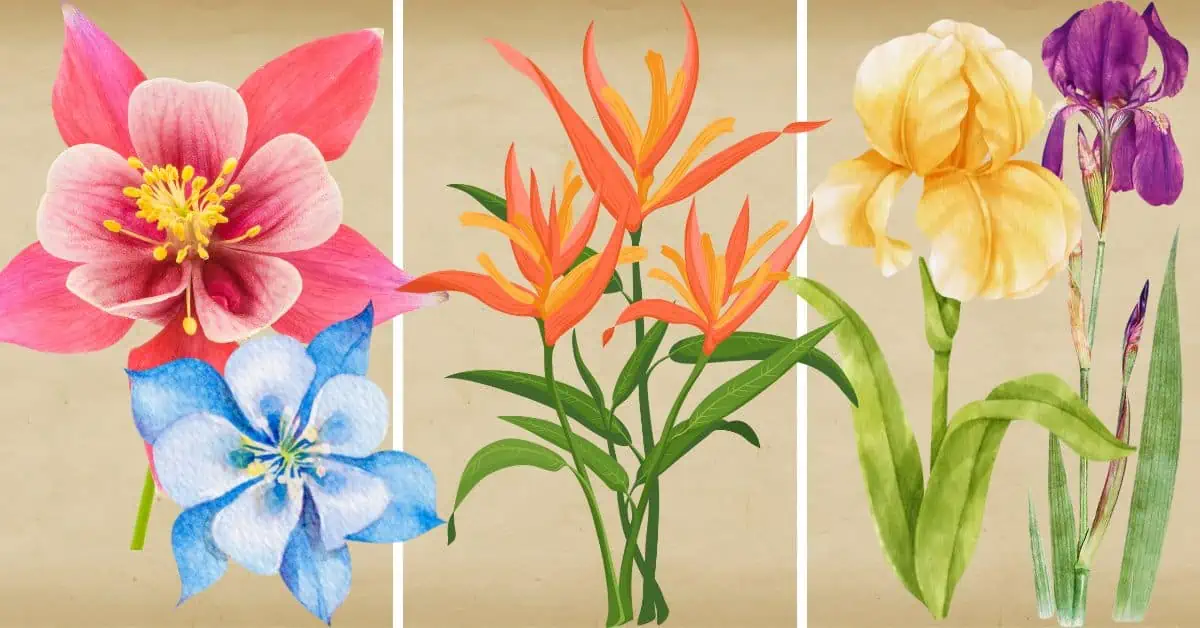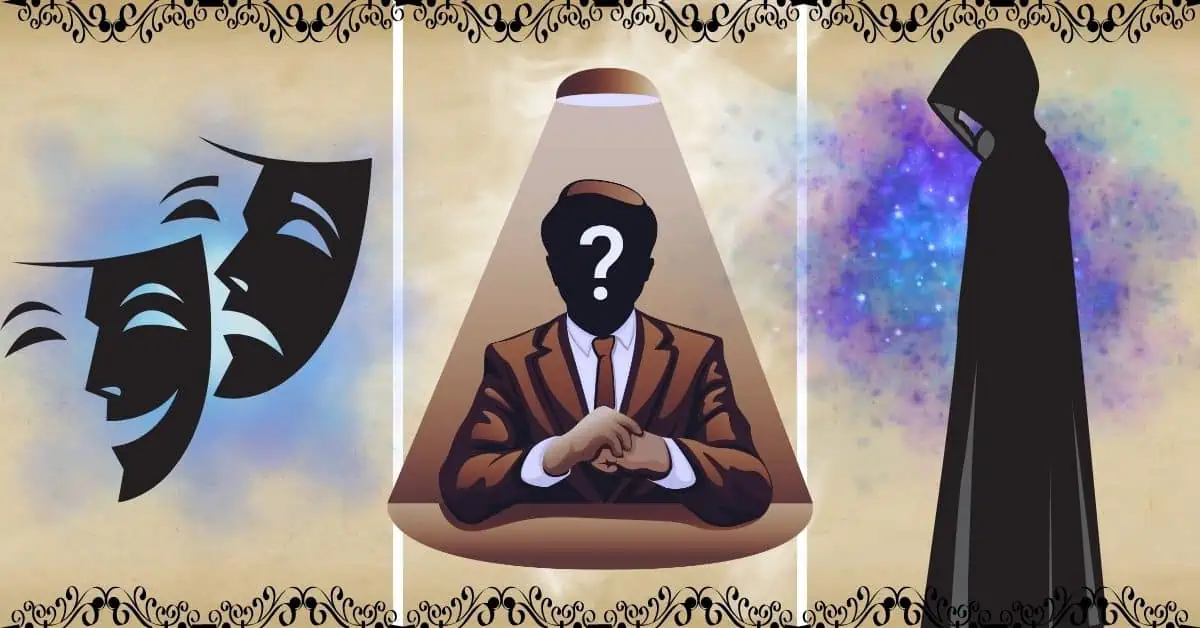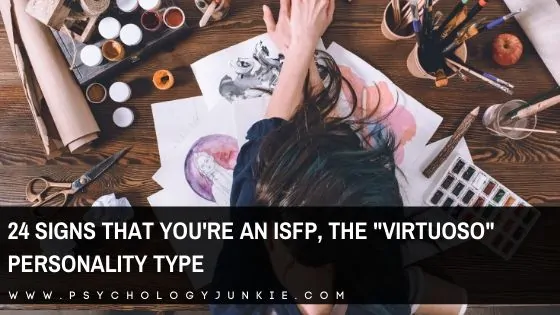3 Weird and Wonderful Secrets About the INFJ
“We’re all a little weird. And life is a little weird. And when we find someone whose weirdness is compatible with ours, we join up with them and fall into mutually satisfying weirdness-and call it love -true love.”
– Robert Fulghum
Are INFJs weird? As an MBTI® practitioner I hear it again and again.

” I thought I was so weird, so strange…and now it all makes sense!”
“Everyone has always said I was weird”
“I’ve always felt weird”
People who have felt like outcasts or oddballs their whole lives discover their personality type and suddenly years of confusion and frustration start to melt away. Suddenly someone doesn’t feel “wrong” because they perceive things differently than their parents did or their teachers did. Suddenly an individual realizes that who they are is a beautiful thing! Sure, they’re not perfect. We all have our strengths and weaknesses. But it’s okay to be different – in fact, it’s good to be different and unique!
INFJs tend to feel this relief in a very strong way. Because INFJs are such a small percentage of the population, it can be especially difficult for them to find like-minded friends and confidantes. Many times INFJs feel they have to “play a part” to fit in or form relationships.
One of the greatest joys I’ve experienced as a personality blogger is seeing so many INFJs make peace with themselves, accept their strengths and see them as strengths. I love seeing people embrace their “weirdness” and unique individuality and I hope that learning about your type can do that for you, too.
So what makes INFJs “weird” and wonderful? What three unusual characteristics make them stand out? Let’s take a look!
Table of contents
Estimated reading time: 9 minutes
Not sure what your personality type is? Take our new personality questionnaire here. Or you can take the official MBTI® here.
3 Weird and Wonderful Secrets About the INFJ Personality Type
INFJs Foresee Future Implications with Uncanny Accuracy
INFJs are dominant Introverted Intuitives. This means that every bit of information they take in is pieced together into a “vision” or insight into what will take place in the future. This foresight tends to appear out of the blue in a sudden moment of realization and clarity. This all sounds very magical and mysterious, but there’s a science behind it. You can find out more about that here. This ability to spot future possibilities makes INFJs strategic, creative, and sometimes mysterious.
“Because INFJs have such strong insights and imaginative visions for the future,
they can use their creativity to bring these ideas and visions to life. Intuitive
hunches and visions, often so esoteric, can become brilliant and unforgettable in
creative form”
– The INFJ – Understanding the Mystic
INFJs are wired to see patterns, symbols, strategies, and future implications. Because they are so constantly in this mental state it can seem like they are “psychic,” but it’s really just the way they are used to seeing the world and perceiving the data around them.
Each personality type is wired to notice different things. As an example, ESTPs, are highly attuned to the present moment and incredibly in touch with current details. They react faster to changes than most people and notice more nuanced details than other types. They are extremely in tune with the present.
INFJs, in contrast, are incredibly attuned to the future and are always on the lookout for situations or events that might change or alter future events. Everything is seen in the context of how it will play out someday. As a result, INFJs are quicker to pick up on future outcomes or transformations than most other types.
INFJs See Two (or More) People In Everyone
One of the lesser spoken-of qualities of Introverted Intuition is the ability to discern hidden motives. As Ni-dominant types, INFJs are quick to grasp the intentions and underlying goals that other people are aiming for.
“…Their Ni provides a deeper sense or impression of people, penetrating appearances and revealing hidden motives and intentions.”
– Dr. A.J. Drenth, The 16 Personality Types: Profiles, Theory, & Type Development
““Introverted Intuition quickly grasps the meaning behind words. Its focus is on reading between-the-lines.”
– Building Blocks of Personality Type by Mark Hunziker and Leona Haas
INFJs are drawn to complexity and rarely accept anything at face-value. For that reason, they naturally look for the deeper motives and intentions of other people and are always trying to “peel away the layers” of someone’s personality type and find their core purpose, desires, and truth.
While INFJs see the outer persona and the surface-level interactions of others, they are more focused on what’s going on behind the scenes. They are always trying to figure out the deeper meanings behind why people say or do the things they do.
The strength of intuition paired with the INFJ’s auxiliary function, Extraverted Feeling (Fe), gives INFJs a special awareness of the emotional health or mood of another person. They often get a sense of how other people are feeling, even when those people are trying to keep their emotions hidden. They have a tendency to absorb other people’s emotions into themselves, which can be confusing at times. It can be easy for them to get other people’s emotions mixed up with their own.
INFJs Often Appear Extraverted Even Though They’re Highly Introverted
INFJs are extremely concerned with maintaining morale and making sure that everyone feels welcome and at home in their presence. They want to maintain harmony in whatever social realm they’re in and will go to great lengths to ensure that everyone’s emotional needs are met. As a result, they tend to appear much more outgoing socially than they really are. They may speak up during awkward silences or use humor to diffuse tense moments. They tend to speak to people they feel are left out and try to make them feel welcome. Many INFJs will poke fun at themselves or use self-deprecating humor to ease the tension in the room or help someone who is feeling shy or uncomfortable.
“In larger groups, INFJs may seem consistently cheery as part of their attempt to cultivate good feelings. Many INFJs have a good sense of humor and can be funny and engaging…Even if not to the same extent as ENFJs, INFJs can be warm, welcoming, loyal, giving, and self-sacrificing. At the same time, as Introverts, they need time to themselves to recharge their proverbial batteries. This creates an ongoing, even lifelong struggle for INFJs, trying to balance their own needs and desires with those of others.”
Dr. A.J. Drenth, The 16 Personality Types: Profiles, Theory, & Type Development
INFJs need a lot of alone time to process information, to get in touch with their intuition, and to reflect. They can get frustrated when they have to socialize a lot because they end up relying much more on their auxiliary feeling function than their dominant intuition. Over time, this can leave them feeling overwhelmed and drained. Ni is notoriously difficult to access in social settings, and, like all types, INFJs are most happy when they can tune into their dominant function. As a result, INFJs may feel the need to “disappear” regularly to recharge and get back in touch with their insights and ideas.
“While INFJs are skilled at creating harmony, they simultaneously feel a need to be
alone to process information and recover after being in social situations. This can
create confusion for people who know them because after spending much time
with others, the INFJ will need to retreat into their own environment for days or
even weeks to be able to reflect, think, and process things clearly. During this time,
the INFJ may cut off all outside contact to be able to gain composure and a sense
of peace. This back and forth between socializing and isolation is normal for the
INFJ, but can be confusing to friends and family members who may take the INFJs
retreats from them personally.”
You might see INFJs referred to as “the most extraverted introverts” in articles and personality forums. And while this is true in one sense, it couldn’t be more false in another. While INFJs can appear very extraverted socially, they need quite a lot of alone time and actually get exhausted much faster than many other introverts do in social settings. This is largely because they can get so caught up in maintaining everyone else’s morale that they lose sight of their own needs.
What Are Your Thoughts?
Do you relate to these “weird” INFJ qualities? Share your thoughts with us in the comments!
Want to discover your true potential as an INFJ? Check out my latest eBook, The INFJ – Understanding the Mystic. This book is packed with in-depth information on the INFJ personality type, as well as relationship tips, career tips, parenting tips, and more!

Want to Book a One-on-One Type Consultation with Me?

Not sure of your personality type? I can help you! As the founder of Psychology Junkie and an MBTI® practitioner I’ve spent over seven years helping people discover their true personality type. Use the scheduler below to book a session with me!
Other Articles You Might Enjoy:
10 Things You’ll Relate to If You’re an INFJ













Finally explained this opposition of possessing social graces and staying detached most of the time. I completely relate. After all my friendliness and laughter, i don’t keep any contact with people, don’t accept any invitations, used to appear as shy just because i didn’t make any try to mingle or shorten the distance myself.
Seems like i like to be the “invisible hand”, to help someone, and then disappear, without having to accept their gratitude (a hug, a drink, etc)
every. single. word. truth for me!
I’m an INFJ and 100% relate to all this. What a profound and insightful article! Now, if only everyone else understood how exhausting and challenging it is to be an INFJ in this world. 🙂 I had a wonderful boss once, whom I’m convinced is also INFJ. We just understood each other, often with very few words.
I am getting my life oh God I thought every one has that’s functions
This article is absolutely true. Thank you
Thank you Romela!!
Thank you Susan for this information that is so insightful and helpful to me! As an INFJ, it is so nice to be accurately understood! As I read the information, I keep thinking this describes me, I do this or that, and no wonder I feel the way I feel about things. Thank you for helping me to understand, why I need to have down time to process things, and why I feel drained after having a day with a lot of interaction with people. My work is in Social Sciences, so I work closely with children and families, and ensuring the children’s safety and well being! Sandra
Thank you for this. I am currently taking time out from my Church Ministry to reflect on myself and where i am going. I felt like I was losing my own sense of identity and no longer true to myself as I became involved almost every day with my fellow group members.
I know my elders don’t understand. Maybe a couple do. I always feel misunderstood, and yet I understand people perfectly well. It is an ongoing conflict.
I always take time off when I feel drained or overwhelmed. Thank you again for this article, it made me feel less understood.
I relate to this so much it hurts a little to realize why I can be so in tune with others while getting exhausted by them so easily. Thank you so much for this insightful article.
This is totally me. Thanks for helping me understand myself!